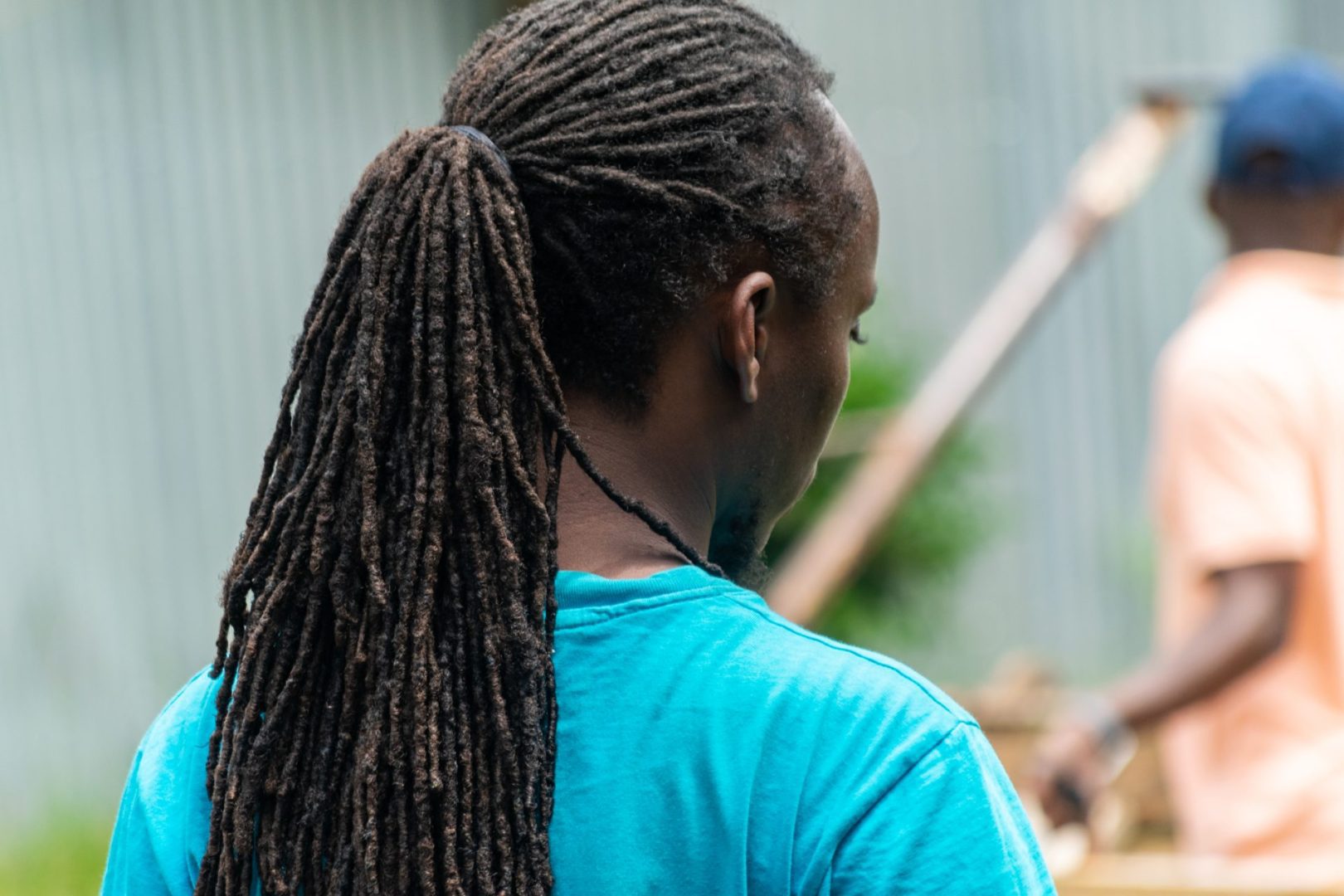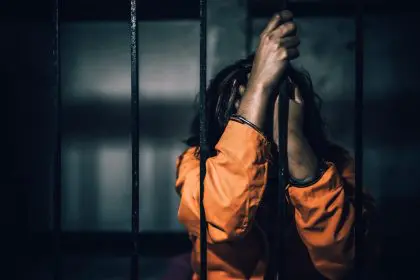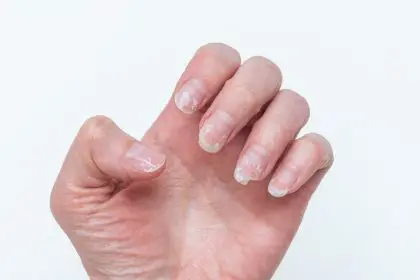A recent ruling by a Texas judge has sparked discussions about the implications of school dress codes, particularly regarding hairstyle discrimination. The case centers around Darryl George, a Black high school student who faced suspension due to his long hair styled in locs, which the Barbers Hill school district claimed violated its grooming policy.
Background of the case
Darryl George, now 18, was suspended during his junior year and sent to an alternative disciplinary institution for his hairstyle. The school district argued that his locs would fall below his shirt collar, eyebrows or earlobes if let down, thus violating their dress code. The district maintained that other students with locs complied with the length requirements.
Judge’s ruling
On Tuesday, U.S. District Judge Jeffrey Brown dismissed most of the claims in George’s lawsuit, allowing only a sex discrimination claim to proceed. This ruling follows a previous decision in February, where a state judge ruled that the district’s punishment did not violate the CROWN Act, which protects against hair discrimination.
Claims dismissed
The George family filed a federal civil rights lawsuit against the Barbers Hill school district and several officials, including Texas Governor Greg Abbott. Claims of freedom of speech under the First Amendment were denied, as the judge found no precedent for hair length being considered expressive conduct. Due process claims under the 14th Amendment were also dismissed.
Implications of the ruling
Judge Brown’s ruling raises critical questions about the impact of grooming policies on students, particularly those from marginalized communities. He referenced a 1970 case from El Paso, Texas, where a male student was barred from enrolling due to his hair length. The appeals court eventually overturned that ruling, suggesting that such policies might disrupt the educational environment more than they protect it.
Ongoing challenges
This case is not an isolated incident; the Barbers Hill district has faced challenges to its hair policy before. A federal lawsuit from 2020 involving two other students is still pending, highlighting the ongoing struggle against discriminatory grooming policies in schools.
The ruling in Darryl George’s case serves as a reminder of the complexities surrounding school dress codes and the need for policies that respect cultural identity while promoting a conducive learning environment. As discussions continue, it is essential to advocate for fair treatment and equality in educational settings.















